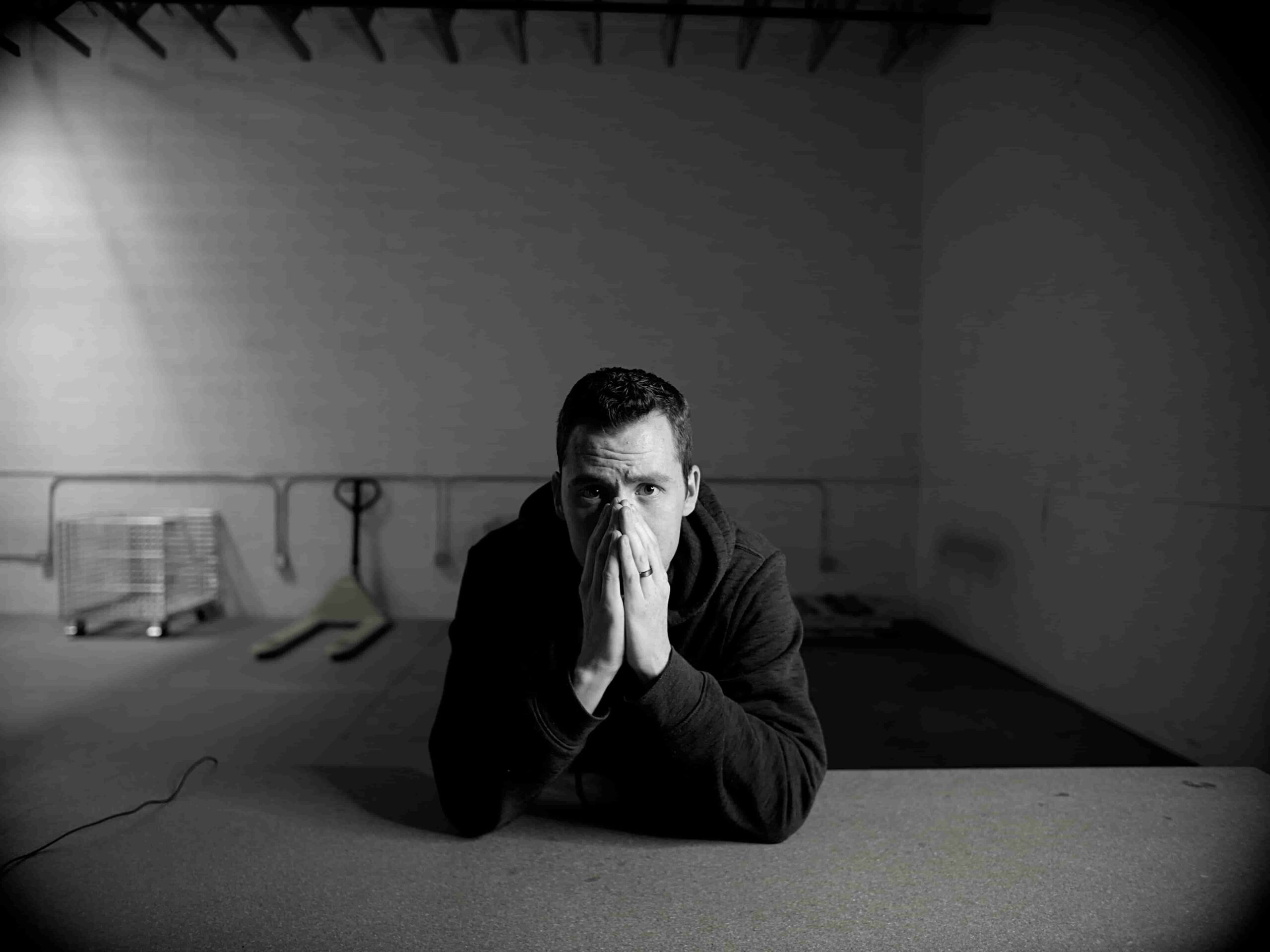Video games did not need any help with their popularity. They got help anyway. The pandemic mitigation tactics left a lot of folks with a lot of indoor time on their hands. This goes for people of all ages. A recent survey found that 64 percent of U.S. adults are gamers. For those under 18, the number is 70 percent. Many of these men and women struggle with video game addiction.
Here’s another statistic: 85 percent of parents thought their kids spend too much time online. Such worry may be justified. The American Psychiatric Association has designated “gaming disorder” as a trend warranting further study. How can you tell if you fall into this category?
How to Tell If You’re a Video Game Addict
In case you’re wondering if “addict” is too hyperbolic of a term, take a look at some of the official criteria for gaming disorder:
- The gaming behavior consistently takes place over a time period of at least 12 months
- It increases in duration and frequency
- You appear to have lost the control needed to stop
- Gaming becomes a higher priority than other interests and responsibilities
- People in your life (family, friends, co-workers, etc.) notice and comment on the impairment
- Despite the obvious consequences of your gaming, you continue and perhaps escalate
People commonly refer to compulsive gaming as “video game addiction” because obviously, there is an addictive component at play here. Let’s build on that and take a look for more clues. Besides the preoccupation described above, video game addicts would display any or all of these signs:
- Withdrawal symptoms like anger, anxiety, depression, and mood swings if compelled to stop
- Lying to others to cover up their gaming habit
- Needing to increase gaming time to feel satisfied
- Putting relationships (including your job) at risk
- Experiencing physical pain from repetitive movements and being so sedentary
- Using video games as a form of “self-medication”
4 Ways to Begin Regaining Control Over Video Game Addiction
Needless to say, this is easier said than done. But there are some very basic steps you can work on for starters. For example:
Time Limits
Simple, but effective. You can literally set a timer and commit to stopping when it goes off. It’s also a powerful way to gauge progress. As your time limits tighten, it will serve as a barometer of your efforts.
Engage in Other Activities
Return to old hobbies or create new ones. Most importantly, engage in physical activities to balance out all that sitting time while gaming. Ideally, these activities would be outdoors and phone-free. Video game addiction can lead to isolation, so you might want to join some group activities.
Step Away From Your Devices
This can dovetail with the time limits idea. At some point throughout the day, step away from your gaming devices — including your phone. Place them in another room to charge and work on finding other ways to pass your time. This can be particularly helpful in the evening. Do not bring your phone or laptop into the bedroom.
Lean on Your Support System
Recruit some help. Whether it’s a friend or a family member, confide in them. Ask them to support you as you try to reduce playing time. Give them permission to hold you accountable. Even if it means they have to physically take control of your devices at times, such help may be required. If you don’t have someone to play this role, you may want to look into in-person group therapy.
Therapy May Be Your Best Option To Overcome Video Game Addiction
Video game addiction rarely shows up by itself. Often it’s a sign that you are dealing with anxiety, depression, or plain old garden variety insecurity.
Because video gaming is fun and always available, it’s easy for it to take up a larger amount of your life than is ideal. Don’t use video game addiction to distract and avoid dealing with the more daunting parts of life.
Like any addictive situation, things can progress to a point where you can no longer handle them alone. There is no shame in reaching out for professional help. In fact, it’s precisely the type of brave move that can empower you to regain control of your life. To get started, read more about anxiety therapy, and let’s set you up for a consultation as soon as possible.





